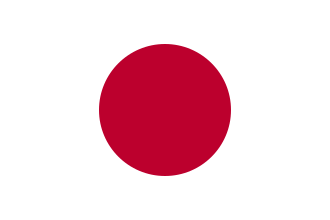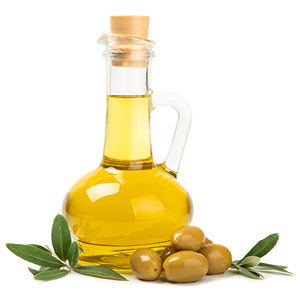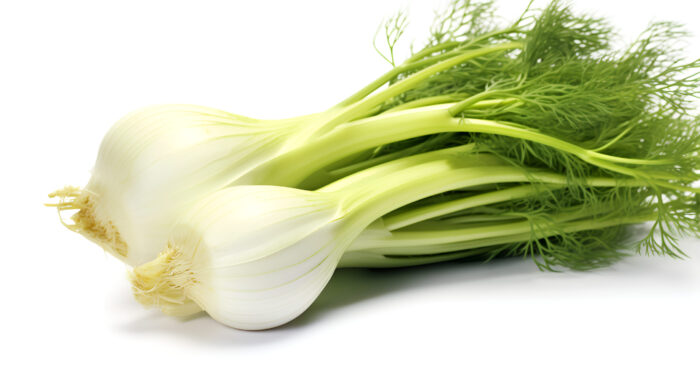What are vegetable oils and how are they made?
In the 19th century, companies began producing oil from vegetables. These vegetables include corn, soybeans, peanuts, hazel nuts, walnuts, sunflower seeds, cotton seeds, cocoa butter, coconuts, and palm. Though many of the above mentioned are not really vegetables, we use the term broadly, as the processing is similar.
How can one extract oil from these vegetables? They cannot be squeezed like olives!
If you use a lot of heat and pressure (expeller pressing), or with the aid of chemical solvents like hexane (chemical extraction), you can express oil out of vegetables. This extracted oil is often overly acidic, does not look presentable and may have an “off” smell. To remedy this, the companies usually add chemicals to neutralize the acidity and then separate and remove them. They then bleach the oil to improve the color, and finally they deodorize it to remove the smell.
Do vegetable oils require kosher certification?
Since these oils are processed with heat and additives, they require supervision to ensure that all of the additives are kosher, and that the machinery is not contaminated by unkosher (tallow) productions. Accordingly, the accepted kashrus policy is that all vegetable oils require reliable kosher certification.
What is olive oil and how is it made?
Olive oil is relatively easy to make. The olives are pressed so that the oil flows out of the fruit. Well, actually it is olive juice that flows out of the olive. But, after leaving the juice standing for some time, the oil will rise to the top (since it is lighter), while the water will settle at the bottom. Afterwards, the oil is skimmed off the top. Nowadays it is easier to separate the oil by spinning it in a centrifuge.
This process is only able to extract a minimal amount of oil from the olives. At some point in time, producers realized that if they were to grind the olives and then squeeze them using heavy grindstones and wooden beams, more liquid would be expressed from the olives.
Throughout the years, olive oil was known to be kosher. After all, what could be wrong with the oil? It was 100% pure oil that came from an olive! This policy was in effect until the manufacturers realized that they could produce additional oil from olives if they used heat extraction. Consequently, after they finished using the cold press on the olives, the remaining pulp would be heated and refined (similar to the processing of vegetable oil), to produce additional oil. This oil was called pomace olive oil and is often used in sardine cans.
Does olive oil require kosher certification?
EXTRA VIRGIN/VIRGIN OLIVE OIL: This refers to pure olive oil that is extracted without heat and does not go through any subsequent processing or refining. The consensus is that such oil does not require kosher certification.
LIGHT/EXTRA LIGHT OLIVE OIL: This refers to olive oil that is extracted using heat and is highly refined. This oil does require kosher certification.
PURE OLIVE OIL: This is a combination of virgin olive oil and refined olive oil. This oil does require kosher certification.
POMACE OLIVE OIL: This is oil that is extracted with heat from the remaining pulp of cold pressed olives. It is also highly refined. This oil does require kosher certification.
A number of years ago, there were allegations made that some companies had compromised on the integrity of their standards of olive oil and were labeling oil as virgin (cold pressed) even when this was not true. These claims were investigated at the time, and most kashrus agencies found that it did not present a kashrus issue. Also, most reputable companies would not risk damaging their reputation by mislabeling their products and falsifying the International Olive Oil Council’s standards. For these reasons, most kashrus agencies maintain that virgin olive oil from a reputable company does not pose a kashrus concern.
Rabbi Hendel is a member of the OK Kosher Vaad HaKashrus.


 EN
EN  ZH
ZH  KR
KR  BR
BR  ES
ES  IN
IN  IL
IL  JP
JP 




